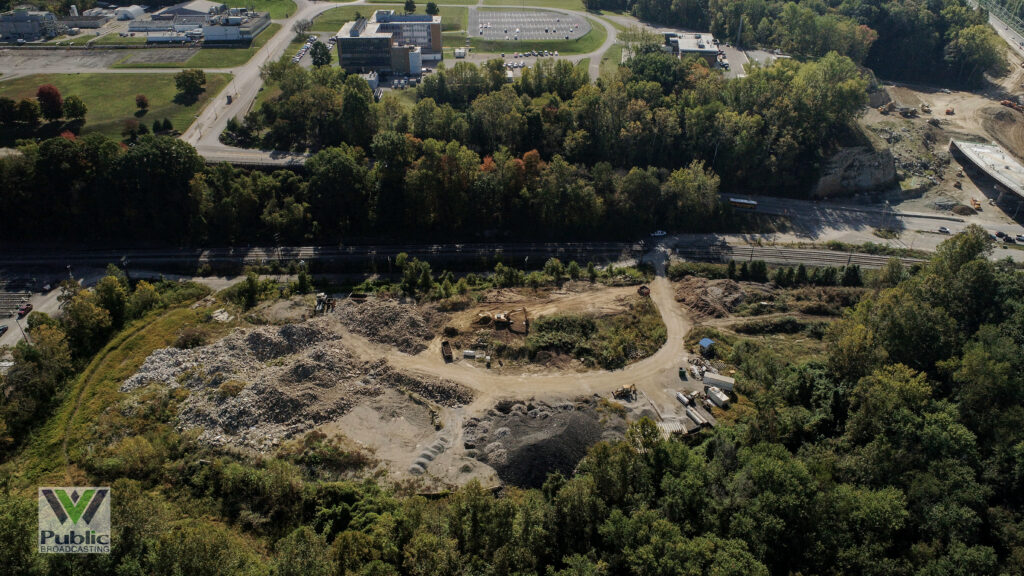Swiss Heritage, Gamer AI Merge In Helvetia For Fasnacht 2025
The Fasnacht 2025 celebration in the Swiss town of Helvetia included traditional revelry and a new Fallout 76 gaming twist.
Continue Reading Take Me to More News
An expert witness in an ongoing federal lawsuit against Union Carbide pushed back on the company’s recent assertion.
Union Carbide has applied for a stormwater discharge permit for its Massey Railyard in South Charleston.
In its application, submitted to the West Virginia Department of Environmental Protection last month, the company indicated that a lengthy list of toxic substances were not present at the site.
Scott Simonton, an expert witness for Courtland Company, which first sued Union Carbide in 2018, says that’s incorrect.
Simonton reviewed soil test results from Union Carbide’s own contractor from 2022 that show a variety of chemicals present on the property.
“For UCC to say that there are no contaminants expected to be present in stormwater from this contaminated facility cannot be true in light of the abundance of data,” Simonton said in Courtland’s filing Tuesday.
Last year, U.S. District Judge John T. Copenhaver Jr. ruled that an adjacent Union Carbide property called the Filmont Landfill was an illegal open dump. He also ruled that the company violated the federal Clean Water Act by not seeking a stormwater discharge permit for the facility.
Union Carbide, a subsidiary of Dow Chemical, has also sought a stormwater discharge permit for the Filmont property from the WVDEP. The public will be able to submit comment on both permit applications once they are published.
Courtland has asked Copenhaver to impose $1.4 billion in civil penalties on Union Carbide for its Clean Water Act violations at Filmont. The judge has yet to rule on the matter.